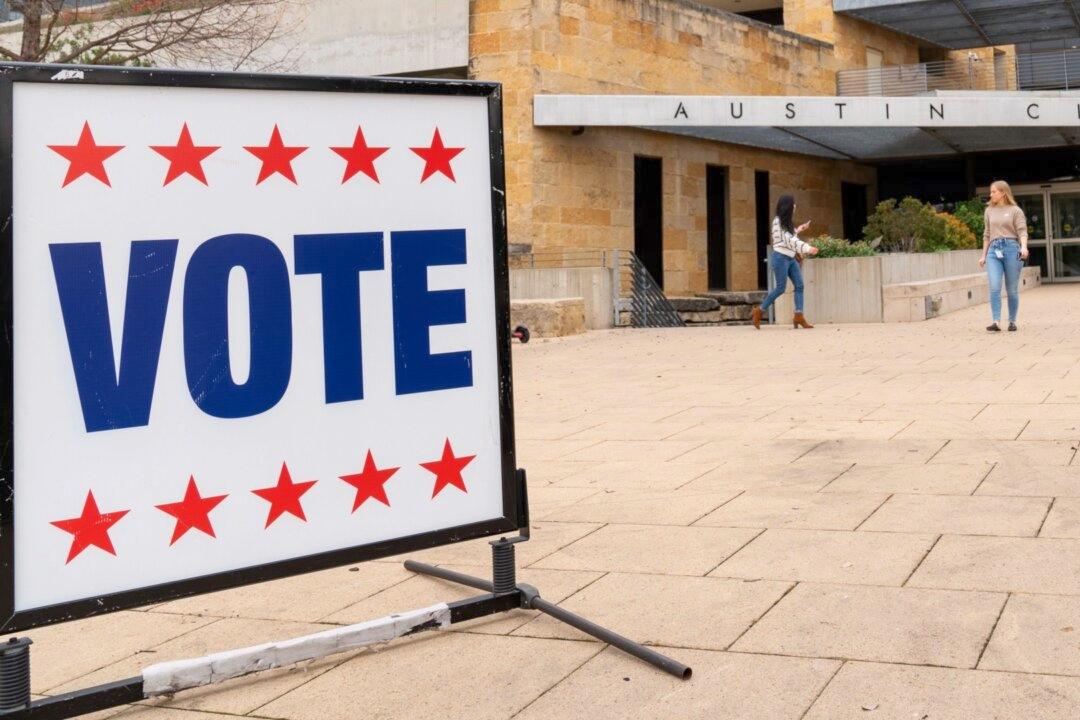A federal judge in Texas blocked the state from enforcing a law that eliminated the ability of voters to choose one party’s entire slate of candidates, known as straight-ticket or one-punch voting.
U.S. District Judge Marina Garcia Marmolejo said in a memorandum and order (pdf) that removal of the straight-ticket voting (STV) option, which lets people cast their vote by making an initial selection based on their preferred party and which then automatically picks the party’s nominee in each race, put voters and election staff at a higher risk of contracting the CCP (Chinese Communist Party) virus.





